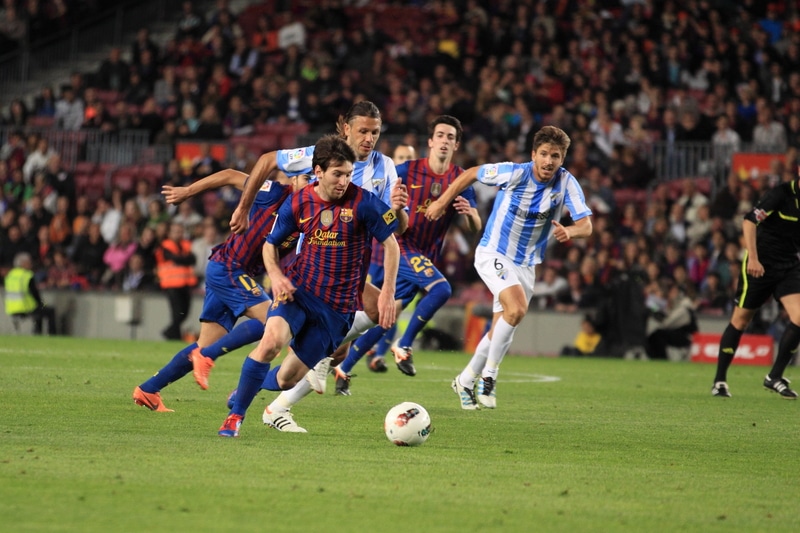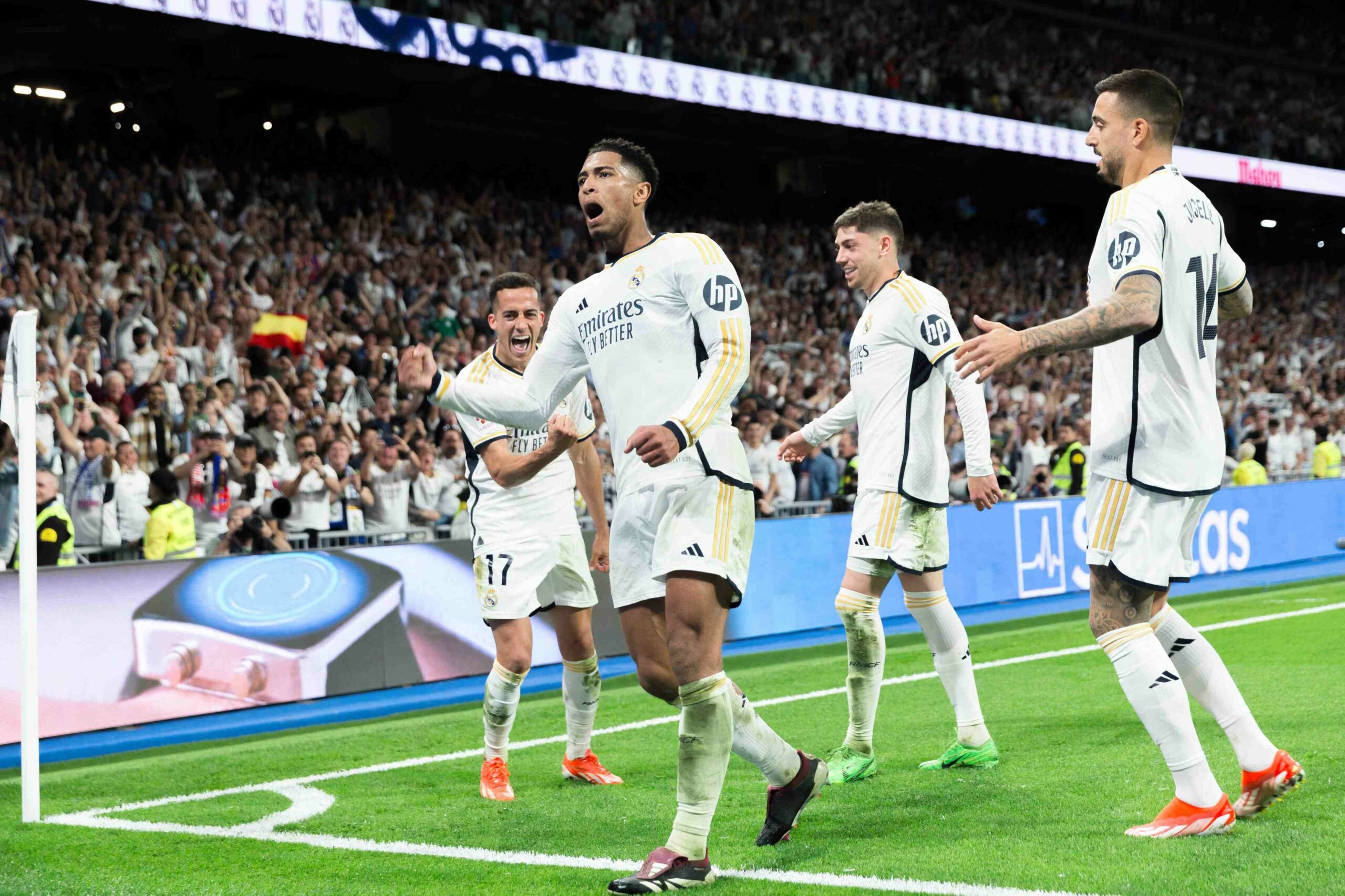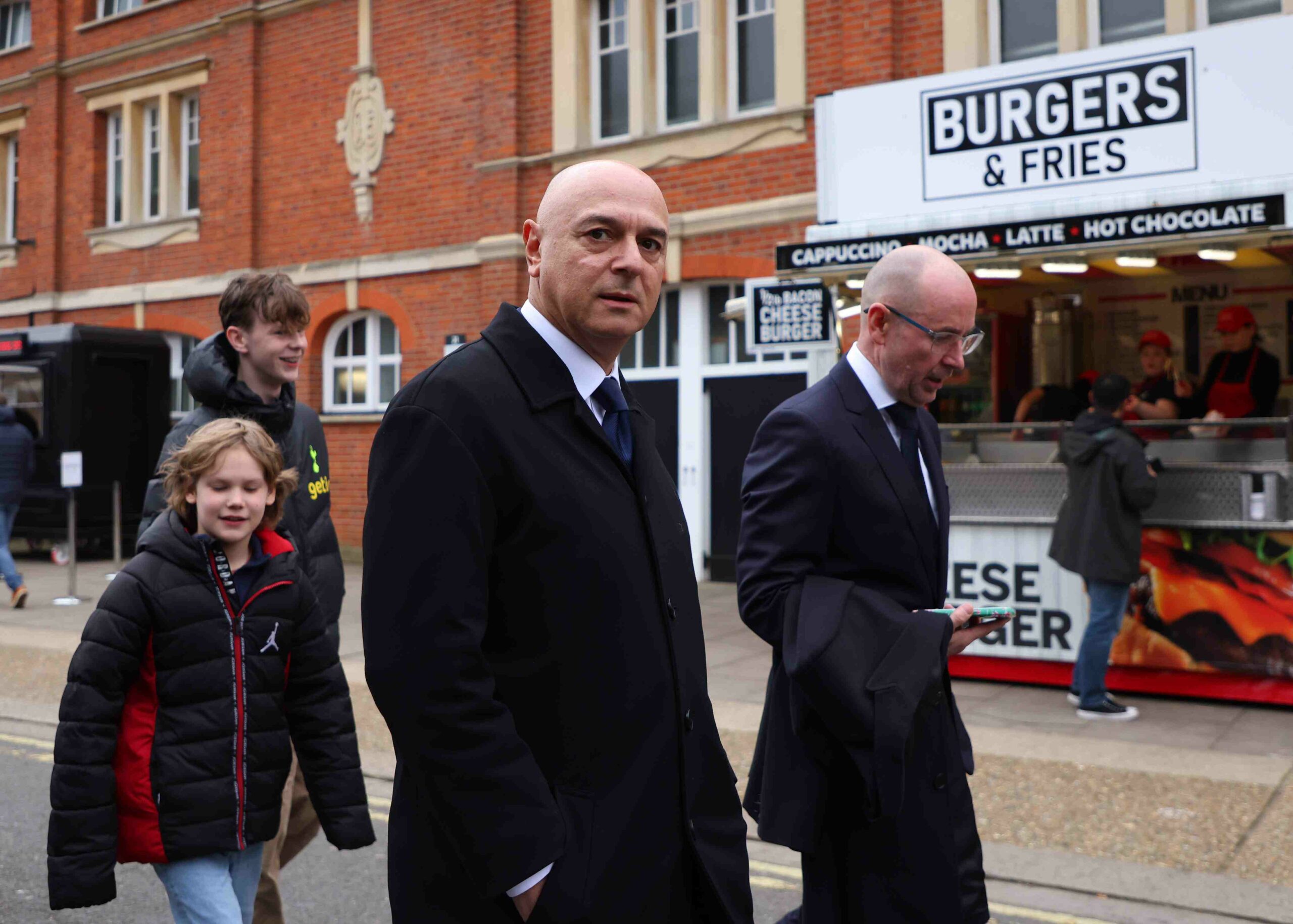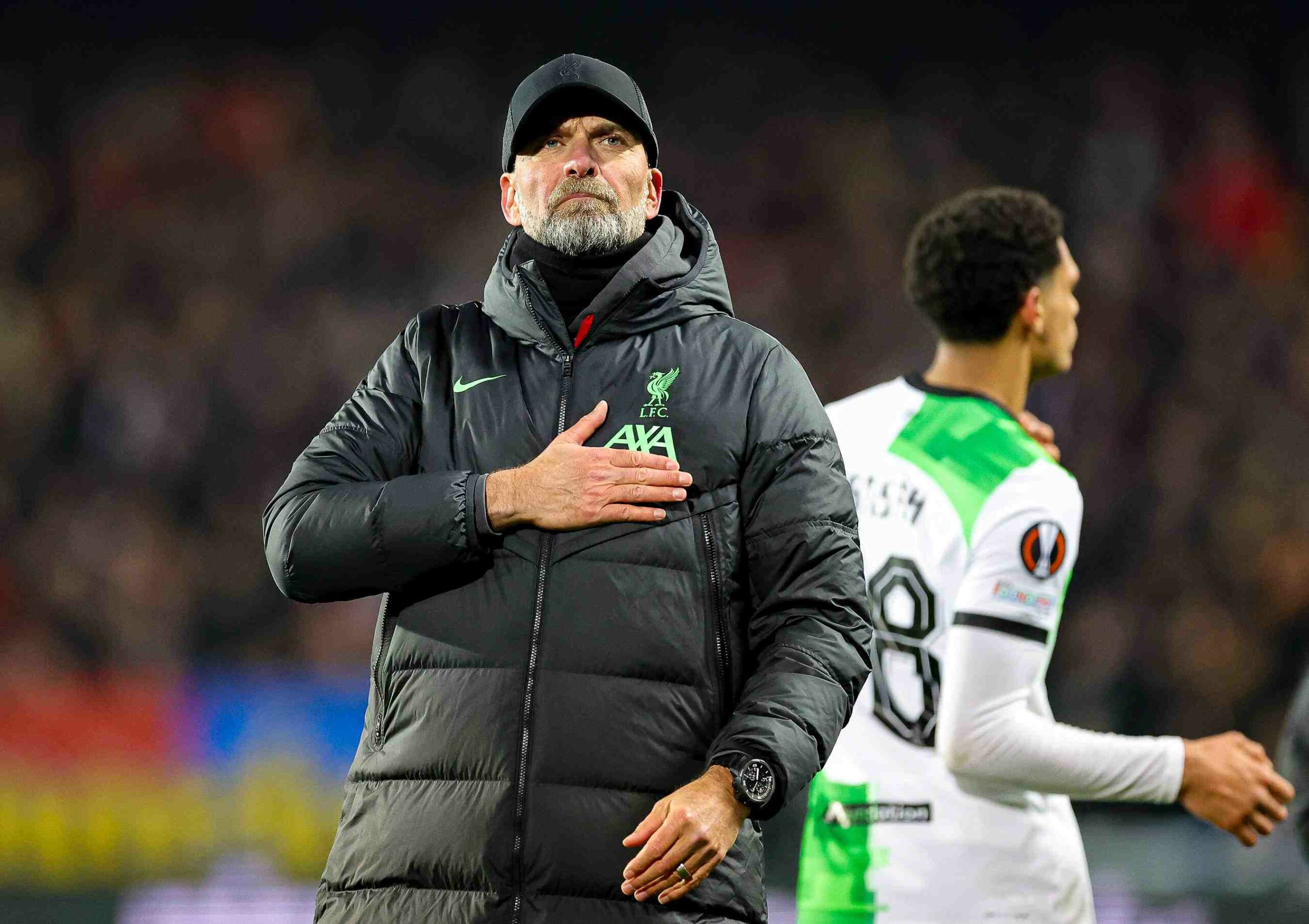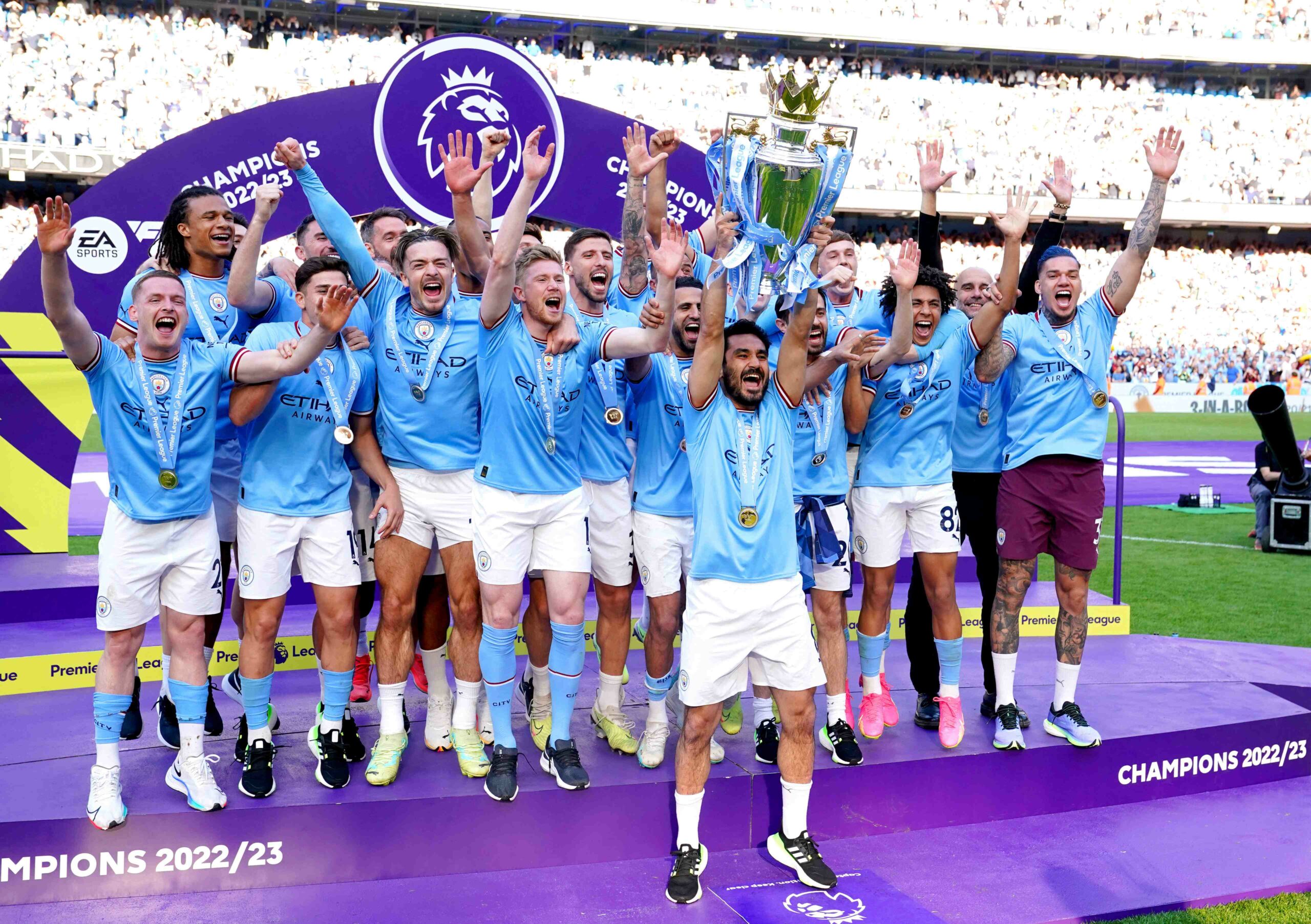Messi’s Departure Had An impact
Messi called time on his career at Barcelona in the summer of 2020, which left La Liga with no claim to one of the great players in the world. Only Karim Benzema ranked inside the top ten on the men’s Ballon d’Or list, with much of that down to the Real Madrid-led campaign to get the Frenchman to the top prize over players such as Mohamed Salah and N’Golo Kante, who both achieved far greater things than the striker.
HERE IS THE WINNER!
SEVEN BALLON D’OR FOR LIONEL MESSI! #ballondor pic.twitter.com/U2SywJmruC
— Ballon d'Or (@ballondor) November 29, 2021
Messi’s departure from the league has certainly had an impact on the diminishing quality of La Liga, as the Spanish top-flight is no longer the hot property is once was with the Argentine in the division.
Fans from around the world would pay subscription prices just to see the number ten strut his stuff in Barcelona colours, and following his exit, it’s unlikely that many fans will be tuning in to watch games outside of El Clasico. On the pitch though, the problems go far deeper than Messi’s departure, as the quality of the teams involved was low last season while the Argentine was still at Barcelona.
Gulf In Class Between Spanish Teams and European Rivals
It would be easy to say that the quality in the league has purely diminished following Messi’s exit, but the standard of the top teams was evidentially missing last season. For the first time since 2007, no Spanish club managed to reach the semi-final stages of the Champions League, while no Spanish club has won the grand prize since Real Madrid in 2018.
There have been no shortage of embarrassing moments for Spanish clubs in that time frame either, with the majority of them involving Messi and Barcelona. Memorably, the Catalonian club threw away a first leg advantage to lose 4-0 at Liverpool, while they were also hammered 8-2 by Bayern Munich in the COVID-19 Champions League final stages.
It’s not just Barcelona that have endured misery in Europe either, as Real Madrid narrowly avoided falling into the Europa League last season, before limping out against Chelsea, while Sevilla were dumped out by Borussia Dortmund last term and are struggling to make it out of a very open group once again this term. Even Diego Simeone’s Atletico Madrid have been underwhelming in recent seasons, losing to Chelsea in the competition without registering a single shot on target, and being beaten by Liverpool twice in the competition this season with relative ease.
More Quality Needed In Leading Sides To Enhance Product
As a product, La Liga has become slower than their European rivals, and that is evident from the ages of the stars in the teams and their current market values. Real Madrid’s golden generation of three Champions League titles ended with the departure of Cristiano Ronaldo, and the stars that remain are all the wrong side of 30.
Luka Modric, Toni Kroos, Benzema and Eden Hazard all look to have their best days behind them, while Barcelona are still calling upon Gerard Pique to help them in their mess. Neither of the two huge Spanish clubs want to focus entirely on the future, and that is their biggest Achilles heel.
It is highlighted by the fact that three of the top ten most valuable players in La Liga this season between 23 and 30 are all goalkeepers; Jan Oblak, Marc-Andre Ter Stegen and Thibault Courtois. Of course, there are brighter talents in the league that boast impressive values, such as Joao Felix and Ansu Fati. But, both have either suffered with injury problems or form.
¡Gracias a los que han hecho esto posible! Familia, amigos, compañeros, entrenadores, clubes, selección… #BallonDor2021 #kopatrophy
Enhorabuena @alexiaputellas y #Messi👏¡Han hecho historia!
Thanks to everyone who has made this possible! Congrats Alexia&Leo. You made history! pic.twitter.com/NFscyrShjF
— Pedri González (@Pedri) November 29, 2021
Pedri is the one big exception, as the Barcelona ace looks like a world beater, but if the product in the league doesn’t improve, he will quickly be looking for a move elsewhere to test himself. Real Madrid are certainly very aware of the situation, which means that their move for Kylian Mbappe could be beneficial to both their long-term opportunities, as well as La Liga flourishing once again.
How Does La Liga Get Back To The Top?
The big question of how the La Liga clubs get back to the position that they were in ten years ago is the one that many board members will be asking themselves. A lot of it will depend on the calibre of players that are being brought through the academies, as all of Real, Atletico and Barcelona need bright stars to replace the aging ones that are still playing due to lack of competition.
Pedri is a fine example of a player that has come in and made an immediate impression, and that is the kind of player that Real and other clubs need to bring through. Obviously, it’s unlikely that every club will have a player of that standing, which means investing in youth set ups around the world.
Unfortunately, the biggest clubs in Spain aren’t as flush with the cash as they once were, as both Real and Barcelona face financial hardship. With the latter in a serious situation, with Joan Laporta revealing that the debt of the club is at €1.35 billion and rising. It could be the case for Spanish clubs of writing off a couple of years of success to purely build a winning team that can conquer for years to come after that.
However, whether some of the teams that have been so used to winning the biggest prizes and their fans will be willing to sacrifice that amount of time to save the league remains to be seen. But, at present, the dominance that Premier League and Bundesliga sides have enjoyed over La Liga clubs shows no sign of stopping.
